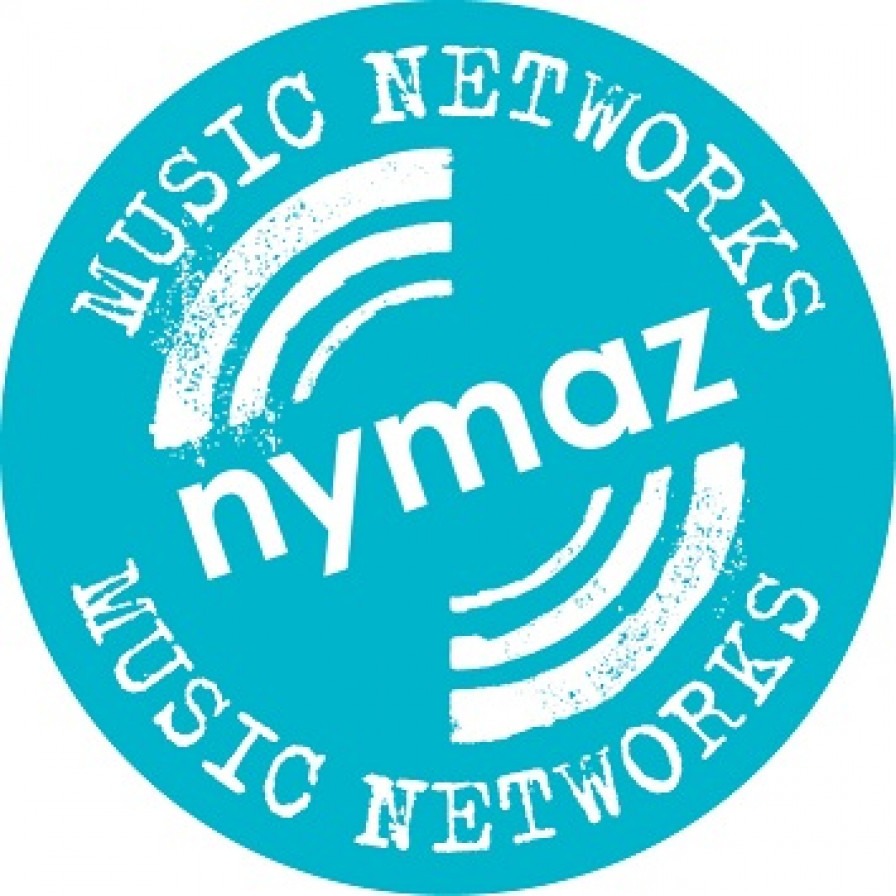Case Study: iPad Music Club

Andrew Cleaton outlines a music project for Looked After Children and children adopted from care delivered in North Yorkshire last year.
NYMAZ is a youth music development charity which champions the transformative potential of music for children and young people in North Yorkshire.
A North Yorkshire primary school approached NYMAZ regarding setting up music activities after finding information about NYMAZ at a Local Authority Virtual School event (More on the role of virtual schools at:https://www.gov.uk/government/publications/2010-to-2015-government-policy-looked-after-children-and-adoption/2010-to-2015-government-policy-looked-after-children-and-adoption#appendix-4-virtual-school-heads-vsh). The primary school Headteacher was interested in using music as a way of engaging young people at the school who had been adopted from care.
Research undertaken by Youth Music has previously shown that engagement in high quality music-making projects has the potential to deliver on a range of outcomes – musical, personal and social development and educational – which can support the development of looked after children’s resilience when dealing with the barriers they face as children in care. Outcomes can include:*
- Developing a capacity for self-expression through music-making;
- Increased musical skills whilst also acquiring transferable skills;
- Increased levels of self-discipline and a sense of responsibility for actions;
- Improved negotiation skills and co-operative working;
- A sense of achievement attained through developing new music-making skills, the production of high quality musical outputs and performing;
- Making friends through a positive activity;
- Developing positive relationships with adults (music leaders and carers) who model constructive ways of both working with others and dealing with conflict;
- Increased confidence, self-esteem and sense of self-efficacy;
- Improved engagement with learning
*Source: Lucy Dillon, Youth Music (2010): Looked After Children and Music Making)
The iPad music-making sessions at the school took the form of after-school music club activities over a 6-week period in 2015. The activities were funded through the Pupil Premium and topped up with funds from the National Foundation for Youth Music, accessed through NYMAZ’s Musical Inclusion programme for North Yorkshire. A professional music leader, Andrew Cleaton, was engaged to deliver the activities.
Andrew explained that the school had already made significant investment into iPads to be used throughout the curriculum. However, they were not being used to their full potential in music lessons. Andrew’s main objective was, therefore, to ensure that a group of children - and the class teacher responsible for music - would be left with the skills in place to accomplish a number of musical activities using key musical Apps. Over the length of the project the group tackled improvisation, composition, ensemble playing and sound recording. Each week built on previous experience to broaden the repertoire of transferrable technical skills.
One of the most daunting barriers to composition can be ‘the blank page’! Apps such as Garageband enable children to begin to construct pieces of music from a variety of pre-recorded musical fragments – or ‘loops. In constructing such pieces, the participants were encouraged to think about structure, texture, orchestration, stylistic integrity and so on.
During the term that iPad Club ran, the school were working on the topic of Space. This seemed like an ideal opportunity to explore electronic sounds in order to create more abstract compositions. All the children were unsurprisingly sophisticated in their understanding of the emotive impact of some of the sounds they were able to access and create – due in no small part to an enthusiasm for Sci-Fi films and TV soundtracks!
One of the criticisms that might justly be levelled at Music Technology (including iPads), is that it tends to lead to isolation. Such devices are usually single-user and do not immediately lend themselves to supporting the more social aspects of music-making – such as ensemble playing. Andrew was keen to counter this and sought opportunities to use the iPads as instruments to be played live in group settings.
One of the most successful outcomes was the children’s enthusiasm for playing virtual guitar by strumming on the on-screen strings of Garageband’s ‘Smart Guitar’ instrument. As a Church of England school with a strong tradition of collective worship and hymn singing, the children knew a number of songs from assembly times which lent themselves to such accompaniment. This is something that they were keen to explore and continue.
All the participants achieved a high level of technical ability with iPad apps and many were able to demonstrate a growing understanding of music composition. The teacher indicated that she planned to use the iPads more throughout curriculum music lessons and was delighted that she now had a cohort of enthusiasts who would be able to champion the technology and support their peers.
At the end of the project, the school’s Headteacher commented: ‘The pupils were thoroughly engaged throughout, and made good progress in their compositional skills. Our teacher who was also with the group noted how professional the delivery of the workshops was. She has subsequently built on the children's learning and used their new-found confidence in other areas of the curriculum including outdoor activities.’
